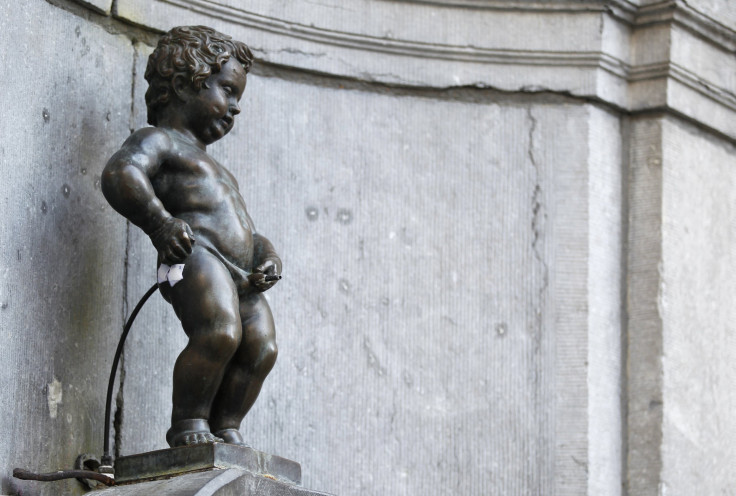Scientists find ‘need to pee’ makes people more convincing liars

A new study shows that when people try to not think about how much they want to pee, they are more likely to deceive others. People have been found to turn into better, more convincing liars when the urgent desire to pee is forcing physical and mental self-control.
In an instance that an activity requires a person’s uninterrupted participation, researchers identified the “inhibitory spillover effect,” or ISE, would occur when a person performs physical and mental self-control task at the same time. People with a full bladder would more likely to be liars because of the ISE.
In the experiment, the researchers found that participants tend to lie with longer and more complex stories when they felt the need to pee than those who felt no pressure from their bladder. However, the liars managed to accomplish the test while feeling the pressure and acting like saying the truth.
In the study, to be published in Consciousness and Cognition, ISE has been tested through an experiment that shows the link between physical control and mind control under the circumstance that people need to pee. Researchers asked 22 students to answer a survey about social and moral issues.
The volunteers were instructed to lie about their opinions on the two issues. Before the interview, half of the volunteers were obliged to drink 700ml of water, 45 minutes before they answer the survey, while the other group only had 50ml whistle-wetter.
The water added pressure to the situation of the participants during the interview. The result shows that those who drank more water, which turned out to have full bladders requiring them to pee, had significantly showed less actions that they were being deceptive, while showing more behaviours like they were telling the truth.
Iris Blandon-Gitlin, one of the authors of the study, described the effect like “if it’s just enough to keep you on edge, you might be able to focus and be a better liar.” However, she noted that there is no specific difference between self-control on bladder pressure and other forms of cognitive control.
“They’re subjectively different but in the brain they’re not,” Blandon-Gitlin told New Scientist. The findings of the study support a previous work in 2011 that shows bladder pressure aids people to resist short-term impulses and make decisions that would lead to bigger rewards.
Contact the writer at feedback@ibtimes.com.au or tell us what you think below






